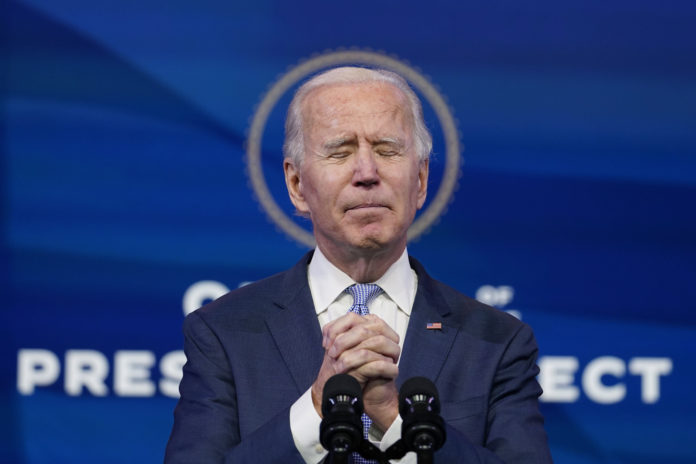(RNS) — The last year has been incredibly difficult for everyone, causing relational tensions to be at an all-time high.
Issues and dysfunctions we were once able to excuse away or cover up with busyness have become painfully obvious. COVID restrictions had us quarantined with some people and isolated from many others. This strange dynamic has forced us to see the state of our hearts and our relationships. We’ve had to reassess how to keep healthy lines of communication open with those we aren’t seeing at all. And with those we’ve been around more this year than ever, there’s no escaping frustrations, aggravations and undealt-with hurt.
Close quarters have given us no option but to face the dysfunctions that exist. Of course, being aware of our dysfunctions doesn’t always equal a willingness to address them.
I’m reminded of a time when my sister came to visit. We had just finished some renovations where some of the wiring in our house had to be reworked, and somehow our hot water heater would no longer work unless the back floodlights of our house were turned on. So, if you were enjoying your hot shower and someone turned off the floodlights — wham! — cold water was very quickly making you cringe, scream and yell downstairs for someone to turn the floodlights back on.
Now, I totally get what you’re probably thinking. “Seriously, Lysa, surely you called your electrician right away to come and check out this very obvious and alarming wiring dysfunction.”
You would think. But no.
I just made a mental note to remind all my guests the back floodlights must be on, both day and night, for them to have a hot shower. I educated my family on our reality. I even considered making a little sign for the bathrooms.
Hello, dysfunction.
My sister tilted her head and said, “Lysa, you know that’s weird, right? You do know an electrician would be able to fix that, right?”
Yes and no.
I guess technically I knew an electrician could fix it. But that wasn’t my automatic response. Calling an electrician would cost money. Money that as a child growing up we didn’t have. So, this thought process got ingrained in me that it’s better to get scrappy and just figure things out than to pay to have a problem fixed. It’s okay if I get hot water in a way that’s different from other people.
Obviously, this isn’t just about hot water.
This is about no longer being aware of just how dysfunctional things have become and reacting as if something is normal when it’s absolutely not. Dysfunction means things aren’t working correctly. The disturbance in function is what determines the magnitude of the problem with dysfunction.
And while the issues with my hot water were a mere inconvenience, the dysfunctions hiding out in my heart and life can be truly detrimental — like how I’ve resisted forgiveness for most of my life.
Simmering resentments from yesterday are often what are threatening our relationships today. They will boil over or blow up when left unattended too long.
I’ve known as a Christian I’m called to forgive. It’s a clear command throughout Scripture. But I’ve been resistant because forgiveness often feels to me like an unfair gift I am being asked to give to someone who hurt me. I still feel frustrated and mad at them. I still want to keep the mental files proving their wrongs were unjustified and cruel. And I secretly still wish they would have to hurt like they’ve hurt me so they’ll learn a lesson and never hurt me this way again.
Confession: This pattern is dysfunctional. Discovery: It’s hurting me, not them.
I think my proof will eventually serve to protect me, but the proof is what’s continually fueling my pain. It’s the script I repeat over and over again, not realizing the longer I hold onto the proof, the longer I’m being victimized.
Every time I revisit my one-sided proof, feeling so right, I start grieving all over again. It doesn’t help me move forward. It just keeps attaching what happened in the past to my present-day feelings, thoughts and words. And so I have to break this dysfunctional cycle by doing what my heart is resistant to do — release all of my proof.





 This post originally appeared at
This post originally appeared at 








